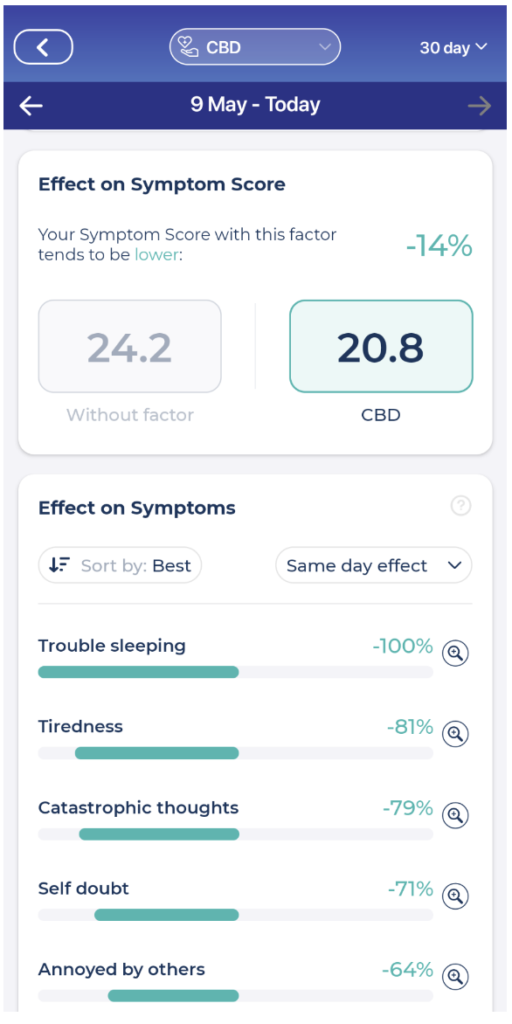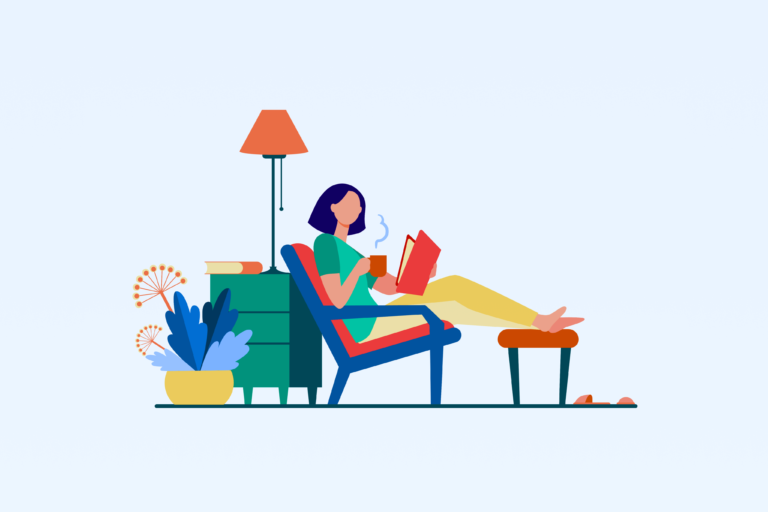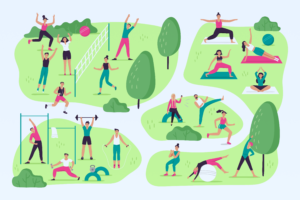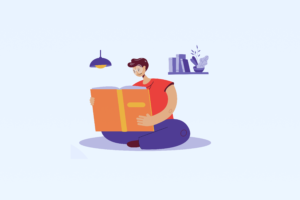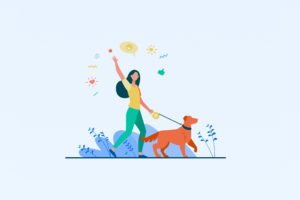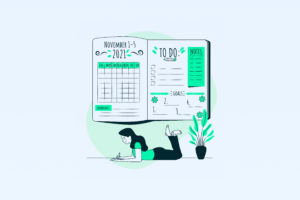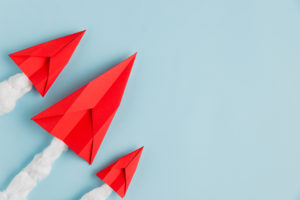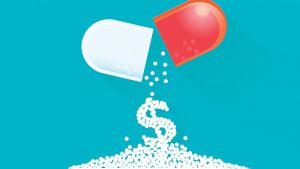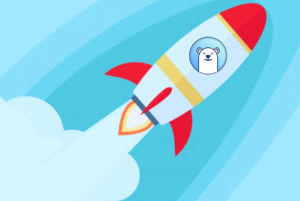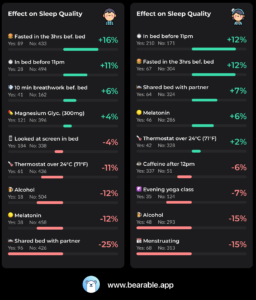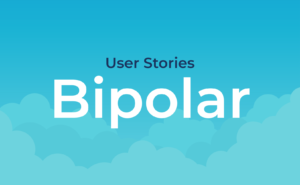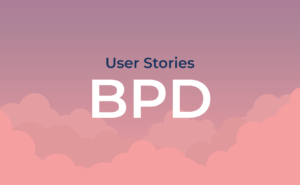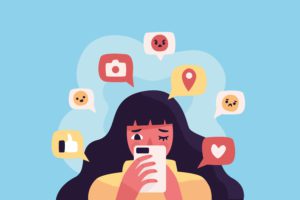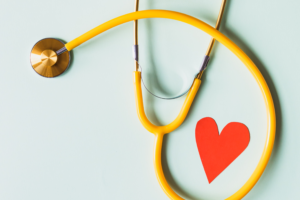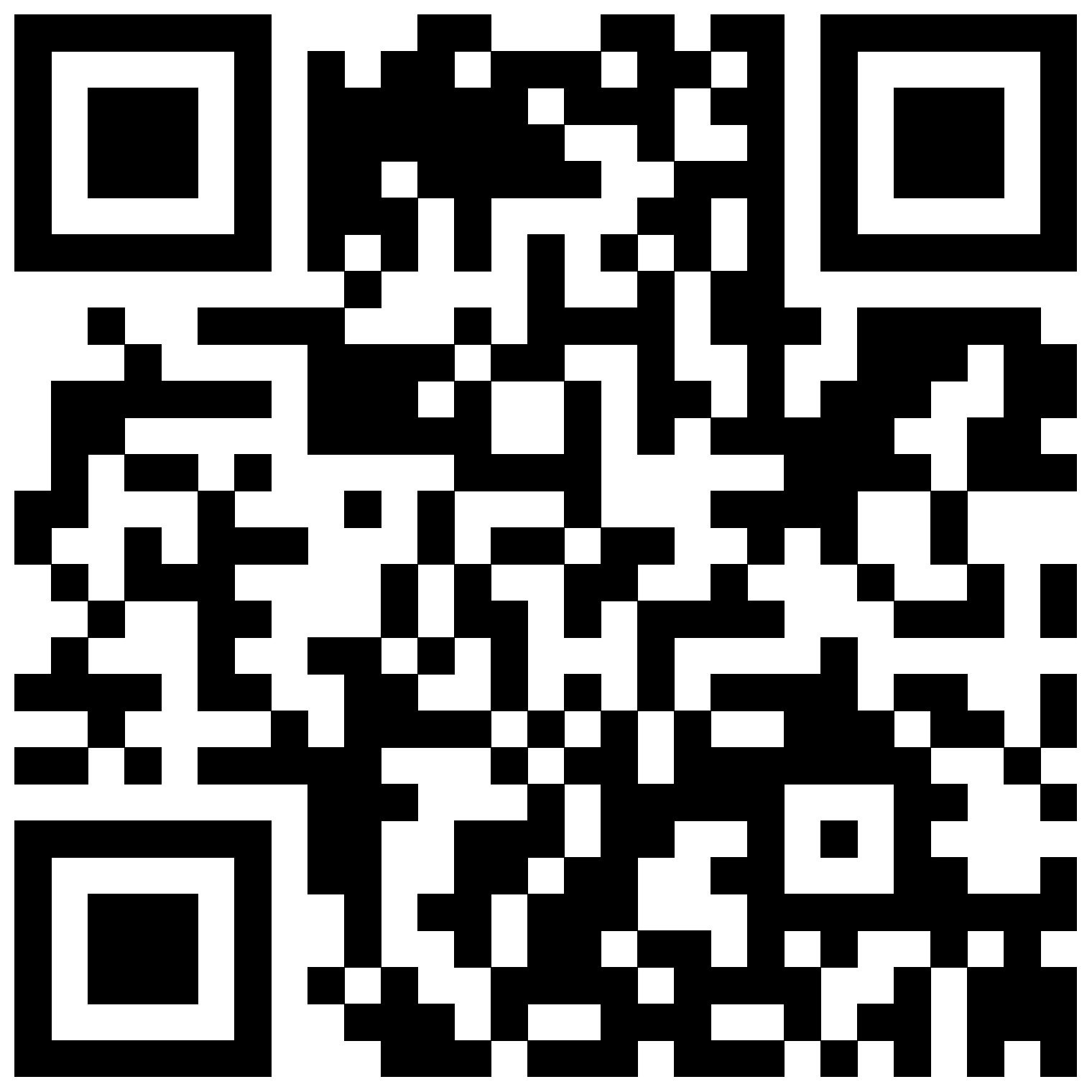CBD is a bit of a mystery to me.
It’s an industry that has exploded in the last few years and is estimated to be worth $2.8billion by 2028. The most profitable segment of which is pharmaceutical CBD products. Products that are largely still under-going clinical trials for myriad health conditions including pain, anxiety, insomnia, epilepsy, and cancer.
Though there are some studies that show clinical evidence for the beneficial impact of CBD on specific health conditions such as seizures and insomnia. The medical community still reports that “there is insufficient high-quality evidence that cannabidiol is effective” for conditions including anxiety and pain.
Despite this, CBD is often recommended as a way to:



-
- reduce anxiety and depression
- improve sleep
- soothe pain and inflammation
- improve heart health
- reduce seizures in people with epilepsy
- improve symptoms of inflammatory bowel disease (IBD)
-
- How expensive CBD products can be.
- How unclear the recommended dosage is
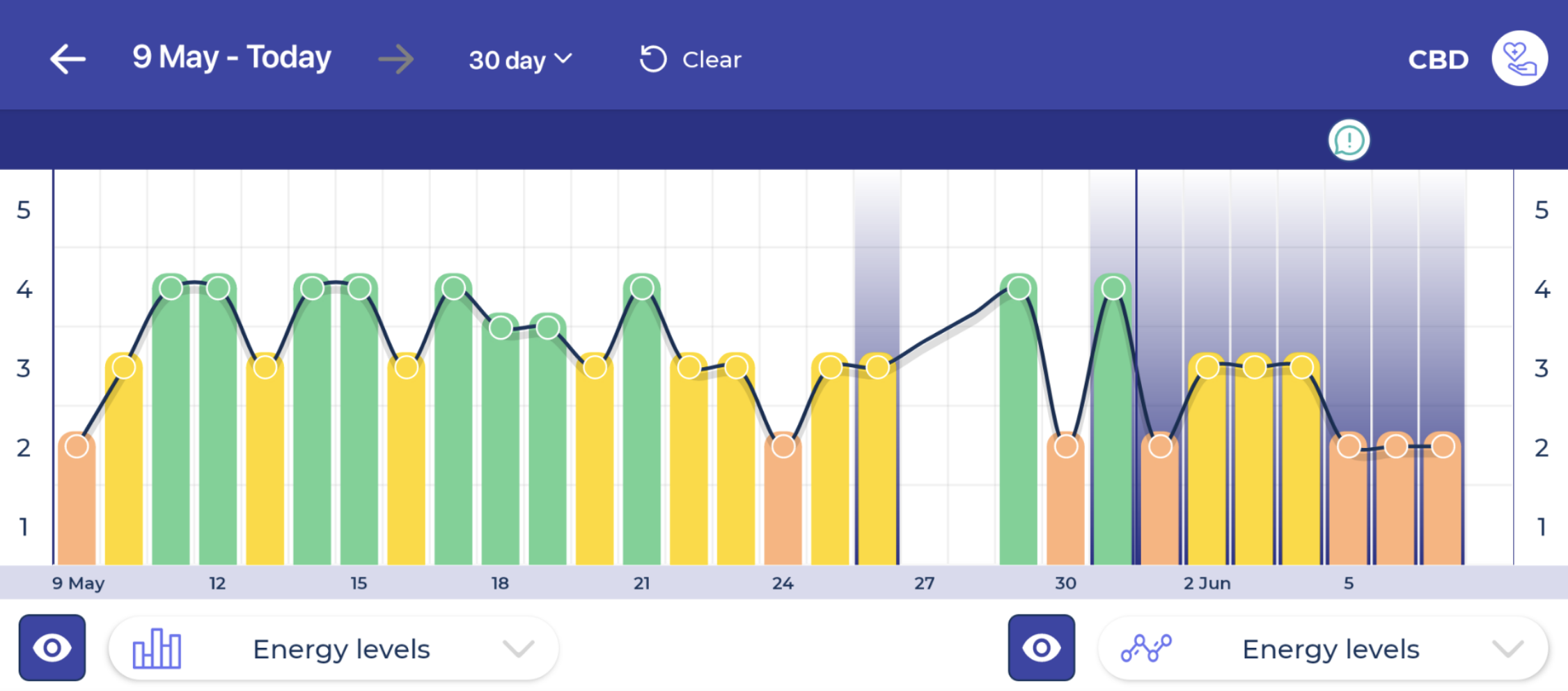
Taking CBD every day for seven days.
Because of the number of variables that impact what an effective dose of CBD is, it’s recommended that you consult a medical professional. However, in lieu of this, a common recommendation is to begin by taking between 20mg and 40mg each day for a week before increasing the dose. I decided to take 10mg of CBD oil under my tongue each morning and then topped this up with a 20mg CBD chocolate snack in the early afternoon. So the outcomes reported here are based upon a 30mg dose taken for 7 days. Day one: My social anxiety was already flaring up as a result of family coming to visit for the weekend. The dose of CBD made the first day easier to deal with. I felt less anxious and less concerned about what my family thought about me and I also felt drowsier than usual. Day two: Once the previous day’s dose of CBD wore off I still seemed to suffer the energy-suck that happens to me after socialising. The dose of CBD on day two didn’t combat this and I ended up spending the day alone instead. Day three: Much like day one, CBD took the edge off of symptoms of my social anxiety. I felt calmer and less self-conscious but still felt depressed, anxious, and couldn’t sleep. Day four: A regular work-day. I felt slightly less self-conscious about my work and interactions with colleagues. Day five: I realised that because of feeling slightly less anxious about my work that I was also possibly contributing less. Day six: CBD helped me to feel less triggered by conversations with people and less anxious about team calls with colleagues. I also wondered if it was impacting my appetite as I was eating less. Symptoms of my Insomnia and depression felt unchanged. Day seven: I’d spent the week feeling slightly calmer, less socially anxious, and a little bit drowsy. Not entirely unlike being a very tiny bit stoned for long stretches of the day. By the last day, I felt like CBD put an extra layer between me and reality but not necessarily in a good way.What did the data say about the impact on my symptoms?
Average Mood decreased by 4% Average Energy Levels decreased by 10% Average Sleep Quality neither improved or declined. Average Sleep Quantity improved by 2% Average Symptom Score improved by 14%How did CBD impact specific symptoms?
Trouble Sleeping declined by 100% Tiredness declined by 81% Catastrophic thoughts declined by 79% Annoyed by others declined by 64% Worrying about embarrassment declined by 60% Irritability declined by 57% Feeling judged declined by 47% Being Self Critical declined by 42% Worrying about group conversations declined by 36% Fear of criticism declined by 36% Worry about weight increased by 1%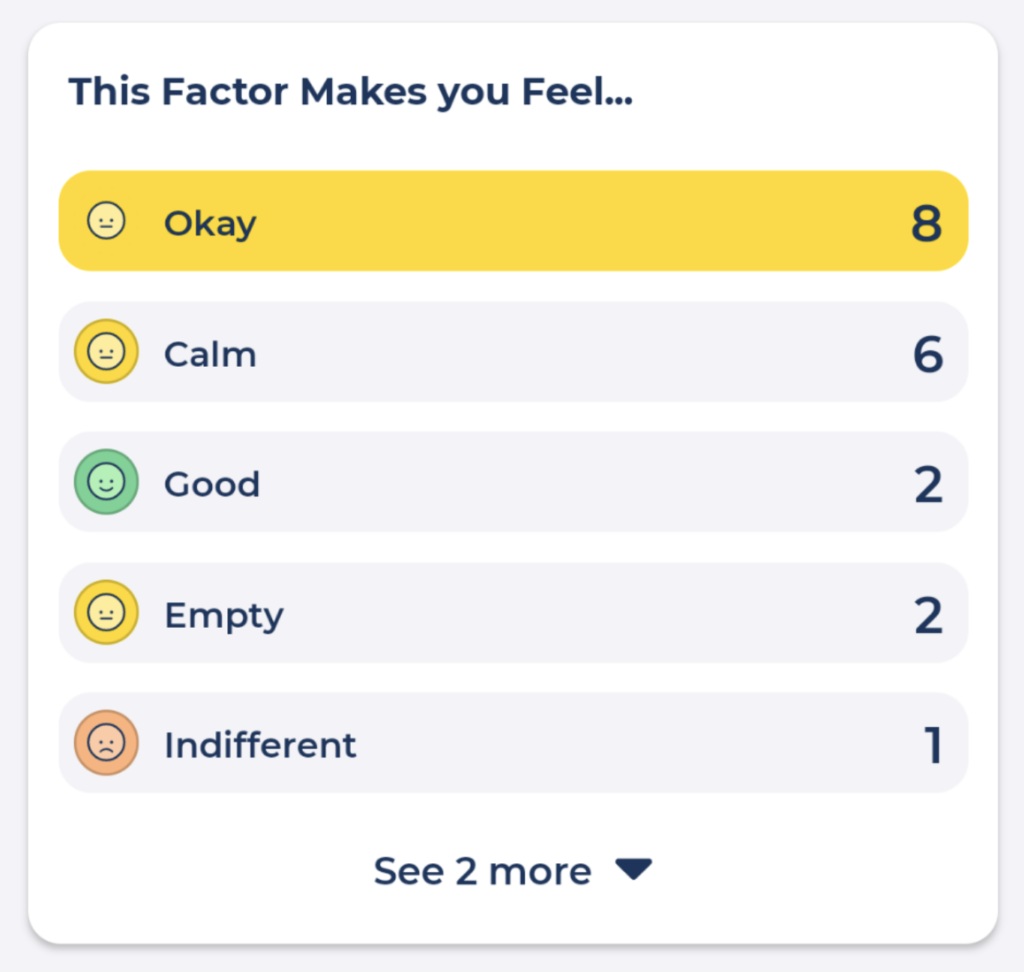
How do I feel about the experience of taking CBD to help with Anxiety, Depression, & Insomnia?
Honestly, I enjoyed the experience of taking CBD every day. I’m not sure if that’s just because I got to eat more chocolate than I usually would. It also crossed my mind that the small amount of refined sugar might be having a positive impact on the symptoms of my anxiety. Something I wrote about recently in another blog post. Overall, I felt like CBD helped me to:-
- Feel more at ease around people and especially groups of people
- Feel less anxious about my contribution at work
- Feel calmer, more consistently okay, and less empty
- Feel less irritable and irritated (especially by people)
- Get more sleep
